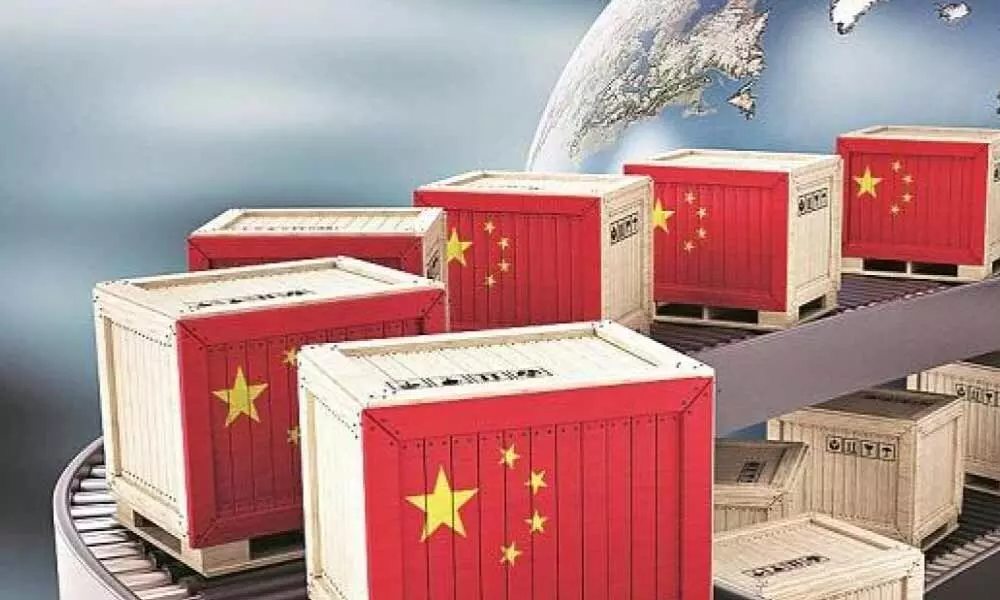Why China's slowdown matters?
China's V-shaped recovery is showing less vigour. Authorities have gone from worrying about too strong a resurgence to scrambling to put a floor under a new slowdown
image for illustrative purpose

China's slowdown is just as important as the US jobs shocker. Economists are wringing their hands over employment growth in August, which was weaker than even the most pessimistic estimate. Tapering of the Fed's quantitative easing is unlikely to be announced this month; around year-end is more probable
If you can tear yourself away from the disappointing US jobs numbers and what that means for the Federal Reserve's prospective reduction in stimulus, signals from China offer an equally sobering view of the global recovery.
Economists are wringing their hands over employment growth in August, which was weaker than even the most pessimistic estimate. Tapering of the Fed's quantitative easing is unlikely to be announced this month; around year-end is more probable.
In Beijing, withdrawal of support has been the last thing on officials' minds: The People's Bank of China has spent recent days stepping up measures to help small businesses and pledging better use of local government bonds. Authorities have signalled a further cut in the reserve requirement for lenders after July's reduction. The pattern suggests concern that growth is cooling too quickly.
Indeed, China's V-shaped recovery is showing less vigour. Authorities have gone from worrying about too strong a resurgence to scrambling to put a floor under a new slowdown. For central banks that have begun to reel in accommodation, such as South Korea and Australia, and those who had urged the Fed to get on with it, the shifts at the PBOC are reason to proceed with great caution. The European Central Bank, whose policy makers meet this week, would be ill-advised to consider tightening in this international environment.
Chinese credit expanded in July at the slowest pace since the early months of the pandemic. An outbreak of Covid-19's delta variant, which China says it has contained, has hit retail sales. Beijing's curbs on pollution and property markets are weighing on industrial production. Car sales have disappointed. A key gauge of the health of services industries plunged in August. This is all a far cry from the record growth notched in the first few months of the year.
China's numbers aren't flattered by comparisons with last year any longer. Gross domestic product probably grew a bit less than 6 per cent in the third quarter from a year earlier, economists estimate, essentially the same pace as the final three months of 2019, right before the pandemic hit. China was then in a long-term slowdown, and as the easy post-pandemic gains abate, the economy is returning to that middling state.
Beijing is unlikely to let its economy soften too much, and the latest measures are probably best framed as risk management. China didn't throw as much fiscal or monetary firepower at the pandemic as the US - the relaxing of the reins isn't being done from a position of ultra-loose policy. Earlier in the year, when the recovery was generating a scorching pace of expansion, Chinese officials had begun to worry again about debt and financial imbalances, as they did in the run-up to Covid. Now the backdrop is grimmer. That means the world, and China itself, has to get comfortable with a more moderate performance, not the double-digit growth of the early 2000s.
The Fed doesn't like to speak too loudly about how other economies figure in its deliberations, but officials will have taken note of China's softness in the lead-up to Friday's American payrolls shocker. Conditions aren't so swell in Asia, part of the world that has enjoyed growth superlatives for decades. The Fed has good reasons, local and global, to take it slow. (Bloomberg)

